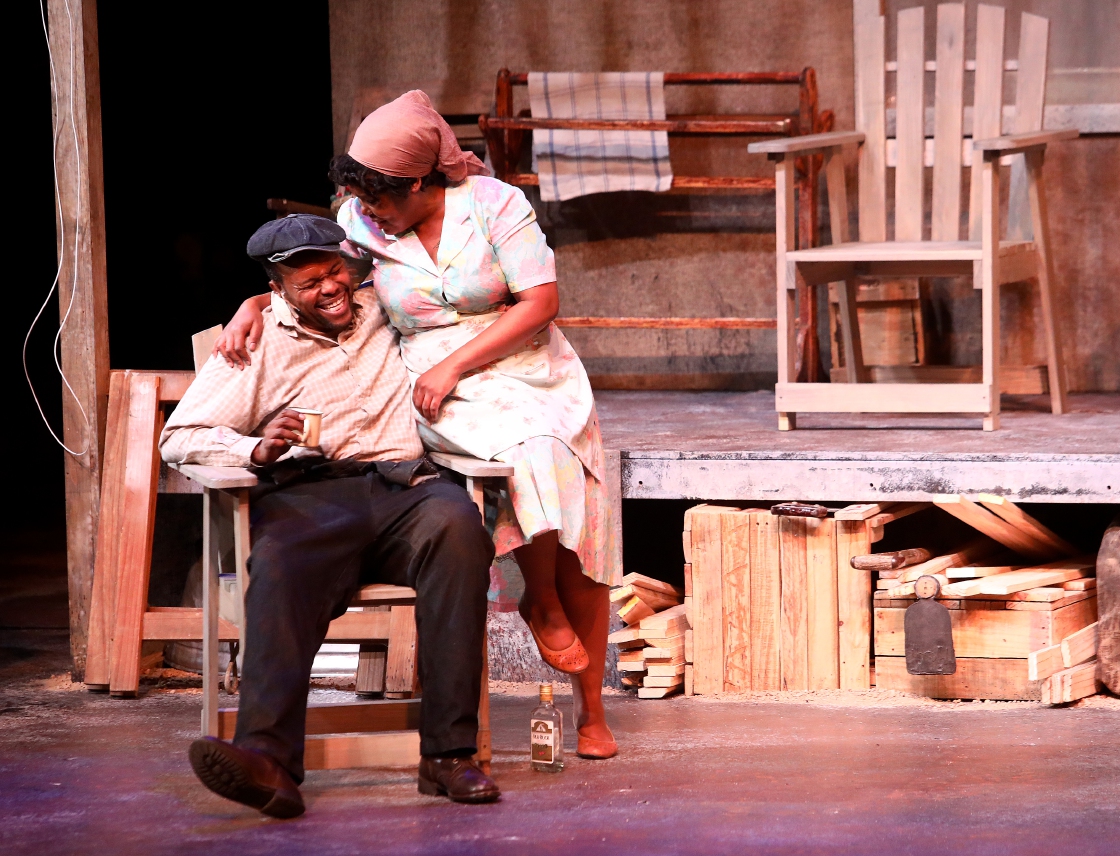DRAM201 welcomes you to an Introduction to Applied Theatre. Applied Theatre is theatre that sees the possibility for theatre/ performance to be used as a tool for something beyond entertainment. This is usually concerned with education, development and social change.
This module will explore different forms of applied theatre in Africa and abroad and look at the great minds and theatre practitioner's who saw the potential of theatre to change the world!
- Teacher: Esese Kunene (220019125)
- Teacher: Bongani Malinga (219087088)
- Teacher: Ongezwa Nomthokozisi Mbele
- Teacher: Manjomane Mhlongo (222128061)
- Teacher: Zanele Marcia Mzindle
- Teacher: Thalente Ndlovu (216064334)
- Teacher: Thalente Ndlovu
- Teacher: Mandisa Z Nguse
- Teacher: Mbali Nguse (204506786)
- Teacher: Isabel Katerina Olson
- Teacher: Thabiso Radebe (220059833)
- Teacher: Miranda Young
- Teacher: Amanda Zuma (215045484)



